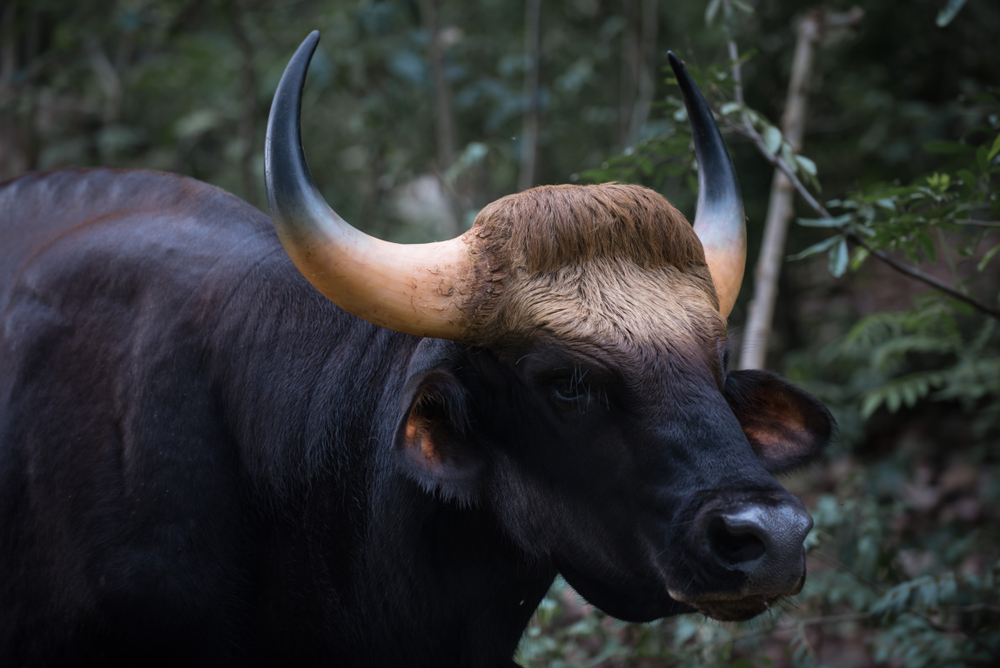The death of two bison in the span of a week at Betla National Park under the Palamau Tiger Reserve recently has given forest officials a big cause of worry.
The first death was of a female gaur (Indian bison) on April 29. The second was on May 4, and this time it was an adult male. Both apparently died of natural causes, officials suspecting either anthrax or the bovine pleura pneumonia, which is air-borne.
The bison, under the family of Bovidae, is under Schedule 1 of the Wildlife Protection Act. Betla National Park Betla has only around 100 bison. Nowhere else in the PTR’s other core and buffer zones are bison found. If any disease is the cause, the strike rate of two in a week poses a grave danger to the other bison here.
No blood was found oozing from the orifices of the carcasses, forest department sources said, adding that oozing of blood is a prominent sign of death due to anthrax.
On the other hand, during their autopsy, the lungs of the bison were found to have a “marbled” appearance, which is a symptom of the contagious bovine pleura pneumonia.
The Telegraph spoke to the head of the forest force, who is also the principal chief conservator of forests (Jharkhand) Shashi Nandkeolyar on the bison deaths on Thursday. Expressing his concern, he said: “Both the bison were adult, one male, one female. The female one was not pregnant. PTR officials got these two carcasses burnt in case anthrax is the factor behind these two deaths.”
He agreed that no blood was found oozing from the nostrils, ears, mouths and rectums of the two bison. “Their post-mortem was conducted before burial and samples collected and sent for tests to the Ranchi-based Livestock Research Station. We are awaiting test reports, which may take a few weeks,” he added.
Nandkeolyar said that once the reports were in they would do an exhaustive study to determine whether these two deaths on April 29 and May 4 were related or just a coincidence.
'I have asked PTR field director Y.K. Das to look into it. All officials have been put on alert and ground staffers are monitoring the bison, their health, movement, food habits, among others,” he said.
PTR veterinary surgeon Chandan Deb said: “Contagious bovine pleura pneumonia disease makes the lungs look marbled. But let us wait for lab test reports before reaching any conclusion.”
Secretary of Nature Conservation Society D.S. Srivastava said PTR officials should come clean on these two bison deaths.
“If the cause of death turns out to be the highly contagious bovine pleura pneumonia, it will be difficult for the PTR officials to save the bison here. The bison gather together and drink water from a source. If any one animal is infected, it will infect the others. An ill bison can roam around for a month before dropping dead. The disease never strikes the calf, but if the adult is infected, calves need extra care.”










